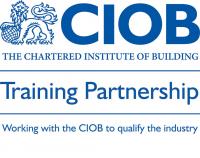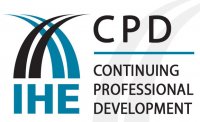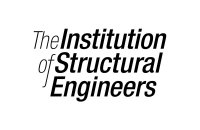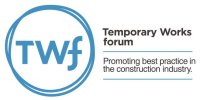This course covers the design of timber structures to Eurocode 5, from an introduction to Limit State based Eurocodes to design of realistic timber structures.
A comprehensive guide designed for graduates and Civil and Structural Engineers seeking an understanding of timber structure design to Eurocode 5.
Aims & Objectives:
To enable delegates to:
- Understand the Limit States Design method
- Calculate design loads on timber structures to Eurocodes (EN 1990, EN 1991 and EN 1995)
- Analyse and design basic bending members, axially loaded members and members subjected to combined axial and flexural loads
- Analyse and design solid timber components including floors, load-bearing walls and roof trusses
- Analyse and design engineered beams including glued thin-webbed beams, thin-flanged beams and glued laminated beams
- Analyse and design flooring systems with engineered timber joists
- Analyse and design lateral load-capacity of dowel-type fasteners including nails, staples, screws, bolts, dowels, split-ring, shear-plate, toothed-plate and glue
- Understand overall structural stability of timber buildings
On completion of this course, delegates will be able to:
- Describe Limit State Design method for structural design
- Establish combinations of loadings on timber structures, e.g. permanent, variable and accidental actions
- Calculate different types of loading on timber structures to Eurocode 1, e.g. dead, imposed and snow loads, etc.
- Explain strength classes and material properties of structural timber
- Establish the design procedure for flexural members at ultimate limit states (bending, shear, bearing, lateral stability and notch) and serviceability limit states (deflection and vibration), e.g. timber flooring systems
- Establish the design procedure for axially loaded timber members, e.g. ties, columns
- Establish the design procedure for timber members under combined axial and flexural loads, e.g. roof trusses
- Describe engineered beams, e.g. glued thin-webbed beams, thin-flanged beams and glued laminated beams, and their effective cross-section properties
- Establish the design procedure for timber flooring systems with engineered beams at ultimate limit states (bending tension/compression on flanges/webs, panel shear and rolling shear, bearing on flanges/webs and lateral stability) and serviceability limit states (deflection and vibration)
- Explain dowel-type fasteners, e.g. nails, staples, screws, bolts, dowels, split-ring, shear-plate, toothed-plate and glue
- Describe the lateral load-carrying capacity for dowel-type fasteners
- Establish the design procedure for connections of timber structures
- Explain overall structural stability of timber buildings
Course Outline:
- Introduction to Eurocodes
- Actions on Timber Structures
- Introduction to BS EN 1995
- Strength Classes and Material Properties of Structural Timber to EN 338
- Flexural Members: Bending, Shear, Bearing, Lateral Stability, Notch, Deflection and Vibration
- Axially Loaded Members
- Members under Combined Axial and Flexural Loads
- Engineered beams and their design issues
- Flooring systems with engineered joists
- Dowel-type fasteners for timber structures, e.g. nails, staples, screws, bolts, dowels, split-ring, shear-plate, toothed-plate and glue
- Lateral load-carrying capacity of dowel-type fasteners
- Overall structural stability of timber buildings
- Initial Assessment
- Lecture Presentation
- Tutorial Design Problem Solving
- Programme Demo for Structural Design
- Feedback Activity
Intended For:
Delegates need to bring their own copies of the following Eurocodes and UK National Annexes:
- British Standards Institution, "BS EN 1995-1-1: Eurocode 5: Design of timber structures - Part 1-1: General - Common rules and rules for buildings", BSI, 2004, ISBN: 0 580 45147 X
- British Standards Institution "UK National Annex to Eurocode 5: Design of timber structures - Part 1-1: General - Common rules and rules for buildings", BSI, 2004, ISBN 0 580 49349 0
- British Standards Institution, "BS EN 338: Structural timber structures - Strength classes", BSI, 2003, ISBN: 0-580-41845-6








